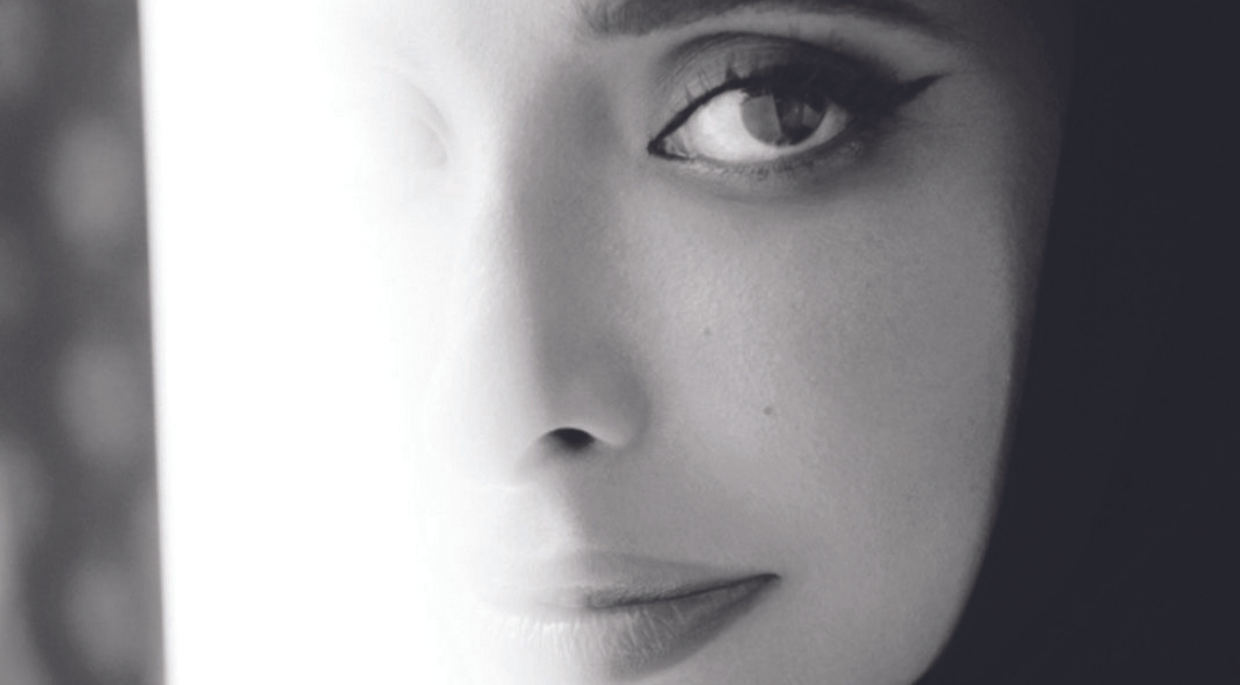
Over the years, Muslims have been continuously judged harshly for their misunderstood culture in relation to women of the community, who are assumed to be weak and silenced victims. But we are not. Here’s the story of a fierce and bold Muslim woman, Khawla.
Khawla Bint Al Azwar was a fearless warrior, who has been described as one of the most outstanding military leaders in history. The Muslim world has named several schools after her. Lauded as a poet and a warrior, Khawla often accompanied her brother to the battlefield.
This was during the Islamic conquests of Syria, Palestine, and Jordan. Her skills and passion for swordsmanship developed from a young age and she fought on her brother’s side, becoming famous for her courage, toughness, and perseverance.
“Khawla Bint Al Azwar’s skills and passion for swordsmanship developed from a young age and she fought on her brother’s side, becoming famous for her courage, toughness, and perseverance.”
Khawla was the daughter of the chief of an Arab tribe and was taught fighting skills during her early years, which enabled her to participate in battles without fear. She also learnt poetry from her brother and followed in his footsteps when he became a Muslim. She gained renown as a warrior during a war in 634 when her brother was injured and taken as a prisoner by the city’s Byzantine defenders.
She covered her face to hide her gender and fought until reinforcement arrived to rescue her brother from captivity. At some point, she was put in command of a mobile column to pursue the fleeing Byzantines. By the time they were beaten, she was drenched in blood.
The role of women in ancient warfare has varied from one culture to another. In history, warriors were primarily male, but there are various historical events where females also participated in the battlefield. In fact, women took part in various battles alongside their male counterparts, and they were even given the chance to lead their armies at some point.
They were encouraged to fight side by side with their brothers and were equipped with the same power and authority as the men. With attire that’s completely different from what Muslim women are known to wear, they often faced stereotypes about their role and position in society.
These great female figures have inspired and continue to inspire many Arab women to be brave enough and fight for what they believe in, even if it means by defying social standards.